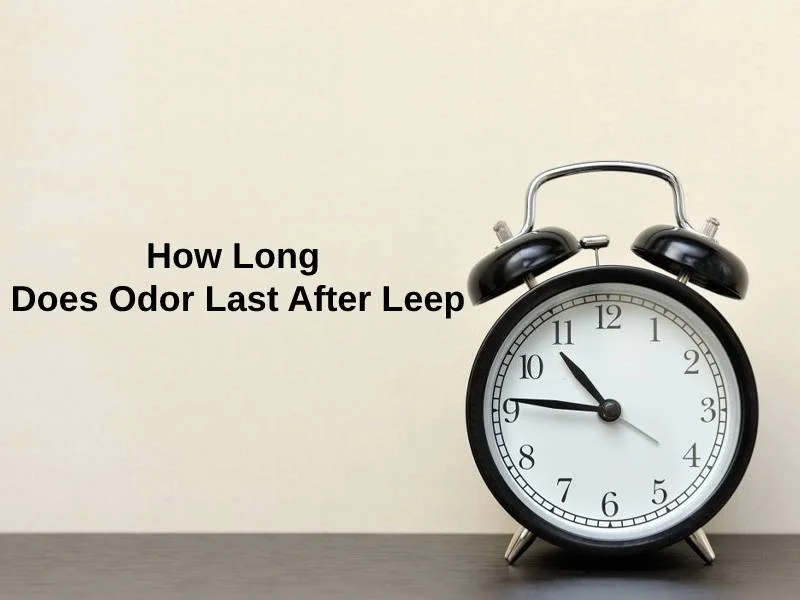Exact Answer: Several Weeks
Loop Electrosurgical Excision Procedure also known as Leep is a medical surgery that is performed on females so that to remove the growth of abnormal cells on the surface of the cervix. This procedure is to prevent happening of cancer and this surgery is only prescribed in case there is some kind of abnormal changes.
After the electrosurgical surgery you will experience some side effects for a few weeks and as soon as you recover you will not experience any kind of symptoms. However, you will have a watery discharge for several weeks and it will have a foul smell in it.

How Long Does Odor Last After Leep?
| The odor lasts after a leep surgery | Might last for about several weeks |
| To prevent bad smell | Wash your labia (lips outside your vagina) with plain water. |
The whole procedure is done to make sure that you do not suffer from cancer and this is why tissues are burnt during the process. You will be awake throughout the procedure and there will be only a little discomfort.
You will be asked to lie on your back during the procedure and then a speculum will be inserted into your vagina and opened so that the cervix can be seen by the doctors to operate the surgery. Well, after the surgery has been completed successfully you will be asked to stay on bed rest for a couple of weeks.
You will discharge watery substances for a few weeks after the procedure which might contain some amount of blood in it. There is nothing to worry about because these symptoms will pass as you recover. There will also be a foul smell as these discharges happen so it is best you wash the lips of your vagina with plain water.
This is the time when you have to eat healthy foods and drink plenty of water because during the discharge you are losing enough water and you do not want to be dehydrated. You will also be asked not to use tampons for a couple of weeks. Prevent using pads or panty–liners, and no vaginal sex for at least a month until and unless your doctor says you so.
Why Does It Take That Long For Odor To Last?
The odor is the foul smell occurring due to the watery discharge. The discharge will happen for several weeks and the foul smell happens because of the burnt tissue that is being discharged. Leep procedure is completely safe and most people do not face any serious problem.
Serious problems might include an infection on the pelvis, damage to other pelvic organs, bleeding heavily, and other such kinds of problems. You need to call your doctor in case you are experiencing severe pain in the belly, having a fever, or the discharge having a bad smell.
You should also know that there will be a risk of birth problems in the future after a Leep surgery and it is best you talk with your doctor if you want to get pregnant. In case, after the surgery your problem is not cured then you need to have a second surgery.
Another treatment that you can opt for treating or preventing cervical cancer is laser surgery that uses a beam to remove abnormal tissues. You should also know that your menstrual cycle will not be disrupted after the surgical procedure. There are several other do’s and don’ts that your doctor will mention to you and you should follow all those accordingly.
Conclusion
In the end, your family members want you to be healthy and safe. You can take showers and along with that, you have to eat healthy foods and drink plenty of water because during discharge your body will lose enough amount of water.
The Leep surgical procedure will take about 10-25 minutes and this will prevent cervical cancer from happening. However, later on in the future if you want to become pregnant you should ask your doctor about it because there can be certain complications.
You will face abdominal bleeding and to prevent mild cramping from happening you can take a non-aspirin so that there is some kind of relief. Ask your doctor to prescribe medications for the pain that you are experiencing.